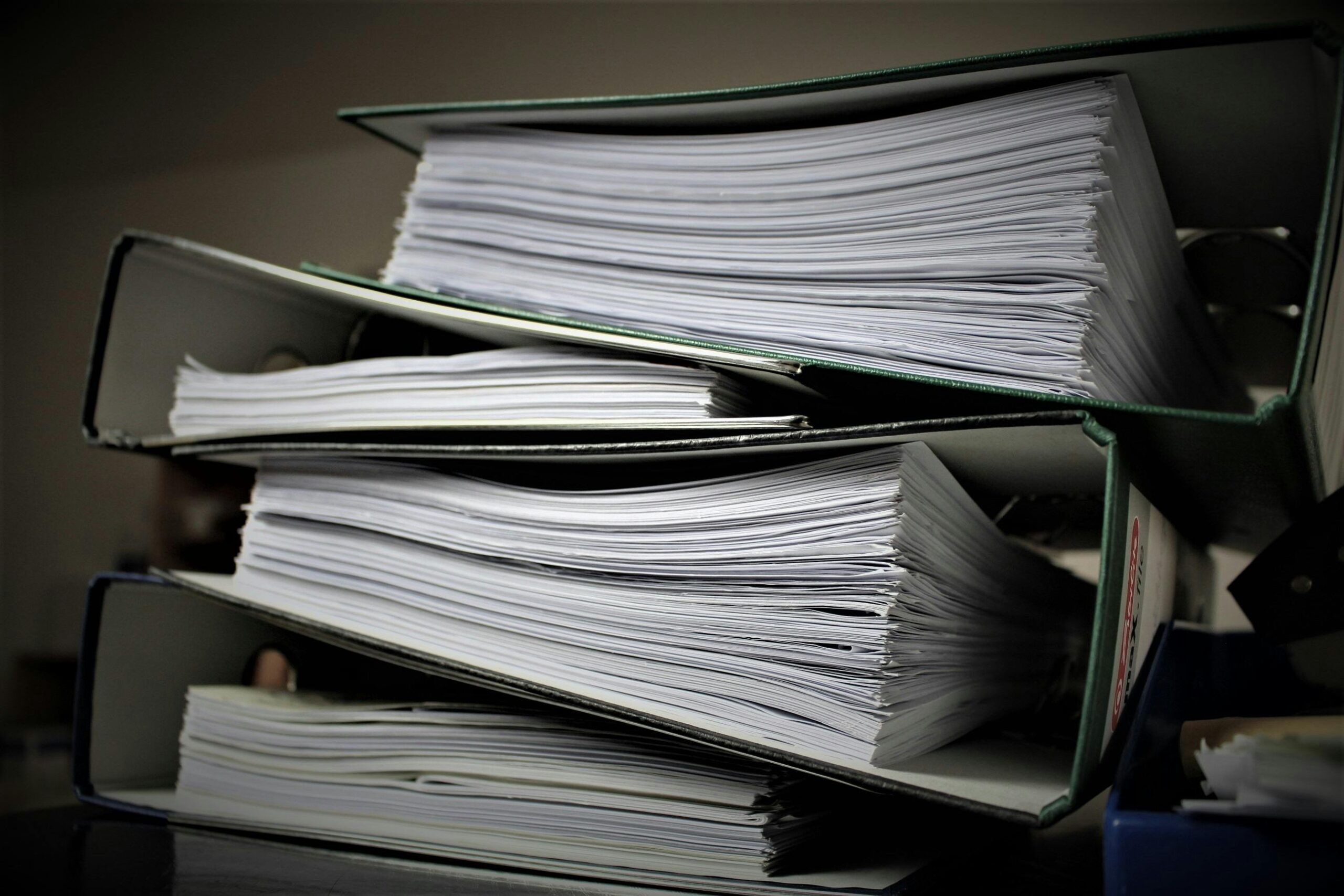In this article, we will discuss the challenges faced by the mobility industry, highlighting the mismatch between ready-made applications and the growing expectations of customers, employees, and transport company owners. We will also present the advantages of creating personalized solutions that can better meet the specific needs of users.
Introduction
Driven by technological progress, the mobility industry is developing at a rapid pace. Ready-made applications, which were supposed to streamline the daily operations of customers and employees of transport companies, often turn out to be insufficient. The increasing demands of users and market needs clearly indicate the necessity of creating more personalized solutions. Such innovations can bring real benefits by increasing the operational efficiency of transport companies and raising customer satisfaction levels.
Challenges of the mobility industry
Increasing customer expectations
Customers now expect tools that are intuitive, fast, and tailored to their individual needs. The standard functions of ready-made applications often do not meet the specific requirements of users.
Mismatched functions for employees
Employees of transport companies need advanced tools that facilitate their duties. Ready-made applications often do not offer the necessary features for task management, fleet tracking, or real-time communication. Flexible solutions tailored to the specifics of their work can significantly increase productivity and improve customer service.
Needs of company owners
Transport company owners expect applications to support the management of their business. Ready-made applications often lack flexibility, limiting their ability to adapt to the specific needs of the company and integrate with other systems.
Limitations of off-the-shelf applications
Lack of personalization
One of the main limitations of ready-made applications is the lack of personalization options. Standard functions do not always meet the specific needs of different user groups, which can lead to customer frustration. The lack of personalization also limits the effectiveness and efficiency of employees and company owners in their daily activities.
Difficulty adapting to a changing market
The mobility industry is characterized by a rapid pace of change. Ready-made applications often fail to keep up with these changes. The lack of flexibility in adapting to new market conditions makes it difficult for companies to maintain competitiveness.
Benefits of dedicated solutions
Personalized applications offer a wide range of benefits that can significantly improve the functioning of transport companies. Several key aspects distinguish dedicated technological solutions from ready-made applications:
1. Full integration with existing business processes
Personalized applications can be seamlessly integrated with the company’s existing systems and business processes. Full integration means that data is captured and analyzed in real-time, allowing for quick decision-making. Automation and centralization of operations eliminate the need for manual data entry, reducing the risk of errors and increasing productivity.
2. Scalability
One of the greatest advantages of personalized solutions is their scalability. Dedicated applications can grow with the company, adapting to its changing needs and market conditions. Scalability allows for easy addition of new features and modules, meaning the application can evolve with the business. This enables companies to respond quickly to changes, remaining competitive in a dynamically changing market.
3. Function personalization
Dedicated applications can be tailored to the specific requirements of different user groups, such as customers, employees, and company owners. Function personalization means that each user group receives tools and interfaces that best meet their needs. For example, customers can use intuitive tools for trip planning and quick payments, while employees have access to advanced fleet management and real-time communication tools. Personalization increases user satisfaction and engagement, translating into better business results.
4. Increased operational efficiency
Dedicated applications allow for the optimization of daily operations by eliminating unnecessary steps and automating key processes. This leads to time and resource savings, as well as reduced operational costs. As a result, companies can focus on key aspects of their business, such as customer service or service development.
5. Improved user experience
Dedicated technological solutions are designed with end users in mind. Improving user experience is possible thanks to an intuitive interface, ease of use, and functions tailored to individual needs. This leads to greater customer satisfaction, loyalty, and positive reviews, which are crucial in building a brand and increasing the customer base.
6. Security and regulatory compliance
Dedicated applications can be designed with the highest security standards in mind. Companies can be assured that their data is protected and all procedures comply with current regulations. This minimizes the risk of data breaches and associated penalties.
7. Quick response to market needs
In the rapidly changing mobility industry, a quick response to market needs is crucial. Dedicated technological solutions enable flexible adaptation of applications to current trends and requirements, allowing transport companies to maintain competitiveness and meet customer expectations.
Use cases
An example could be a transport company needing an advanced tool for managing its vehicle fleet. Ready-made solutions may not offer all the necessary features, such as detailed fuel consumption reports, vehicle condition monitoring, or integration with GPS systems. A personalized application can provide these features, enabling better fleet management, reducing operational costs, and improving safety.
Another example is a customer application that allows booking rides, real-time vehicle tracking, and driver evaluation after a completed trip. Personalization of such an application may include integration with mobile payment systems, the ability to save favorite routes, or customizing the user interface to individual preferences, enhancing convenience and customer satisfaction.
Conclusion
The mobility industry faces many challenges that require modern and flexible technological solutions. While ready-made applications are often convenient, they do not always meet the growing expectations of customers, employees, and company owners. Personalized applications offer solutions that can significantly improve efficiency, user satisfaction, and market competitiveness.
We invite transport companies to invest in dedicated technological solutions that will bring real benefits and a competitive advantage. Contact us to learn how we can help create a personalized application that will contribute to your company’s success. Our advanced technologies and individual approach will allow your company to achieve a new level of efficiency and customer satisfaction.




